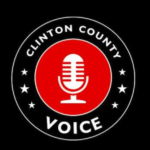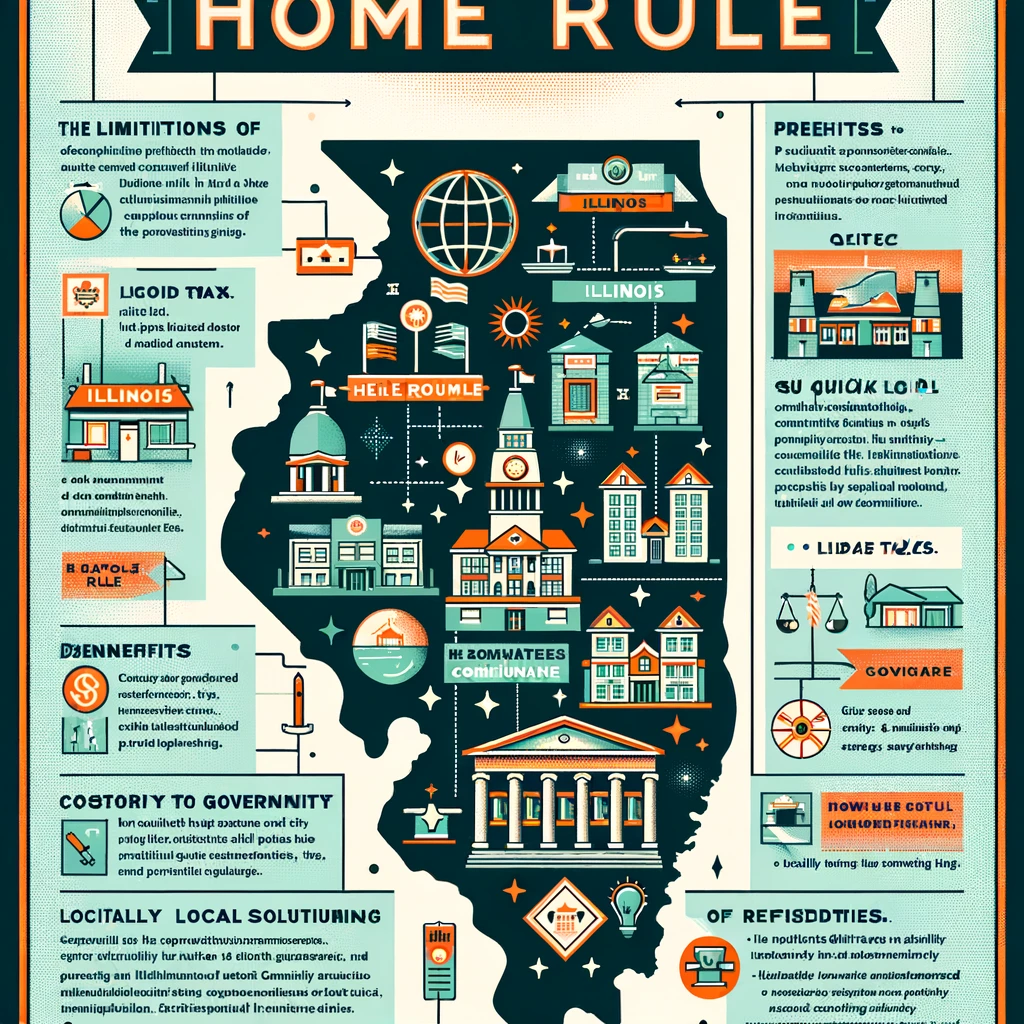Introduction to Home Rule in Illinois
Home Rule is a vital pillar of local governance in Illinois, empowering municipalities to make decisions that best serve their unique residents and businesses. If you’re a resident, business owner, or municipal leader wanting to understand how Home Rule can shape your community, this guide is for you.
Dillon’s Rule vs. Home Rule
Illinois historically operated under Dillon’s Rule, meaning municipalities could only exercise powers specifically granted by the state legislature. This limited local responsiveness and flexibility. Home Rule flips this concept, granting municipalities broad authority to address local issues unless the state expressly restricts that power.
Benefits of Home Rule
- Enhanced Responsiveness: Home Rule empowers communities to act quickly on local needs without waiting for state legislation.
- Tailored Solutions: Local governments intimately understand their communities, allowing them to create policies and solutions specifically designed for local challenges and priorities.
- Greater Innovation: Home Rule encourages experimentation as municipalities can try new approaches to persistent problems or explore cutting-edge services.
- Increased Civic Participation: With a stronger voice in local issues, residents tend to be more engaged in the workings of their community.
- Economic Development Potential: Home Rule can make municipalities more attractive to businesses by offering a streamlined regulatory environment and the ability to tailor incentives.
Two paths lead to Home Rule status:
- Population Threshold: Municipalities with a population exceeding 25,000 automatically become Home Rule units.
- Referendum: Smaller municipalities can hold a referendum, allowing residents to vote directly on whether to adopt Home Rule.
Powers Granted by Home Rule
Home Rule grants municipalities substantial authority, including:
- Taxation: Expanded abilities to levy local taxes and fees. This includes the ability to impose local sales taxes, with certain types and rate limitations outlined by the Illinois Department of Revenue.
- Regulation: Increased power to enact ordinances related to public health, safety, building codes, zoning, business licensing, and more.
- Government Structure: Greater flexibility in determining the form of municipal government and the roles of elected officials.
- Service Provision: Enhanced control over the types of services provided, from utilities to public works.
Limitations of Home Rule
- State Preemption: The Illinois General Assembly can still pass laws preempting local Home Rule ordinances in specific policy areas.
- Illinois Constitution: Home Rule authority must always operate within the parameters set by the Illinois Constitution.
- Potential for Overreach: Some critics argue Home Rule can lead to excessive local regulations or taxation if not exercised responsibly.
The Illinois Municipal League (IML): A Key Resource
The IML (https://www.iml.org/homerule) is an invaluable resource for municipalities considering or operating under Home Rule. They provide toolkits, guides, advocacy, and legal support to help communities navigate the complexities of local governance.
Conclusion
Home Rule is a transformative force in Illinois. By understanding its principles, pathways, powers, and limitations, residents and municipal leaders can harness this tool to build thriving, self-determined communities across the state.





